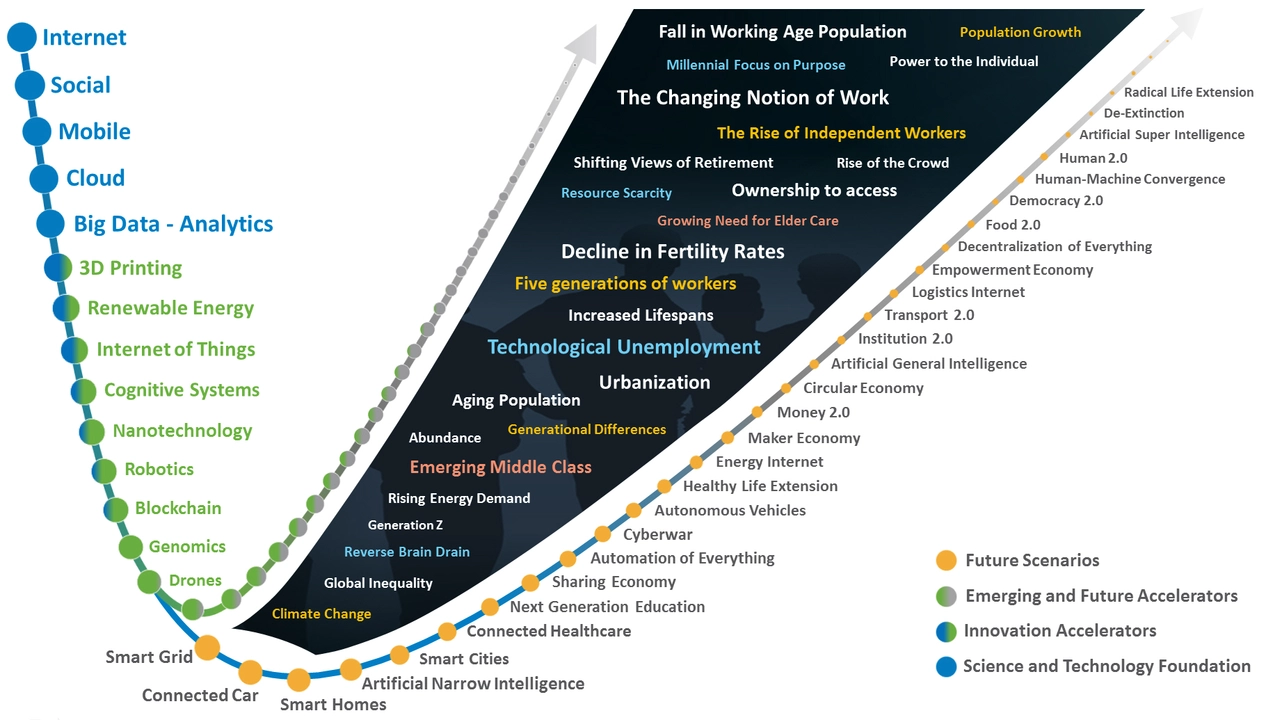Difference – Simple Ways to Compare Ideas, Terms, and Tech
Ever wonder why some people keep mixing up similar terms? It all comes down to spotting the difference. Knowing what sets things apart helps you make better decisions, whether you’re picking a marketing tool, choosing a tech career path, or just chatting with friends.
Why Knowing the Difference Matters
First off, clarity saves time. When you understand the gap between two concepts, you avoid costly mistakes. Take the email drip templates from ConvertKit versus generic newsletters – the difference is in automation and targeted follow‑ups, which can boost revenue dramatically.
Second, confidence grows. If you can explain why AI’s power differs from a simple data dump, you’ll sound knowledgeable in meetings or online forums. Readers of our "What is the power of artificial Intelligence?" post often cite the contrast between AI’s predictive abilities and basic data storage as a key takeaway.
Third, better choices follow. Deciding whether a school should adopt more technology hinges on the difference between enhancing learning and creating distractions. Our post on "What role should technology play in school?" breaks down these trade‑offs clearly.
How to Spot the Difference Quickly
1. Define each item. Write a one‑sentence description for both. For example, a "data dump" is raw info overload, while a "data deluge" suggests a continuous flow. Seeing both side by side highlights nuances.
2. List features. Compare bullet points. In the tech‑job realm, the difference between a bank clerk and a credit‑union analyst includes required certifications, customer interaction levels, and risk responsibilities.
3. Ask the "why?" question. Why does a quantum computer matter more than a classic laptop? Because qubits can exist in multiple states, enabling computations that classical bits can’t handle.
4. Test with examples. Take two tech companies: one focuses on AI, another on quantum computing. Their product roadmaps, hiring needs, and investment appeals differ markedly.
5. Check outcomes. Look at results. Email drip campaigns generate higher conversion rates than one‑off blasts; that’s the practical difference you can measure.
By following these steps, you’ll cut through jargon and get to the heart of what makes each thing unique.
Remember, spotting differences isn’t just academic – it’s a daily skill. Whether you’re deciding which tech company to intern at, debating the value of technology in education, or simply choosing the right synonym for "data dump," the ability to compare clearly leads to smarter choices.
Got a specific comparison you’re stuck on? Drop a comment, and we’ll break it down together. The more you practice, the faster you’ll spot the difference next time.
